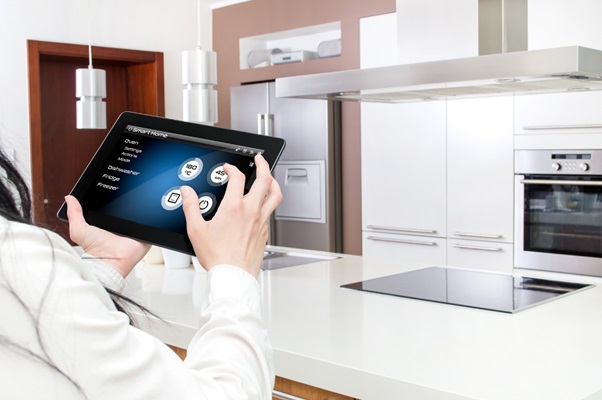If you’re not familiar with the mechanical world, then you may not know much about pneumatic actuators. However, they’re actually a pretty common feature used in a variety of devices. In fact, you have several of them in your home right now.
If you need a little education on pneumatic actuators and how they operate, we’ll explain more about them in this guide. Continue reading to learn more.
What Are Pneumatic Actuators?
Pneumatic actuators are an efficient, reliable means of motion control that utilizes pressurized gas or air to transfer energy into linear or rotary motion. They are helpful for aiding in the repeated opening and closing of valves and other industrial devices.
They are a great alternative to electricity since some devices could create a fire or ignition hazard. You’ll commonly see actuators used to control valves that establish the flow of fluids in process and chemical industries.
Pneumatic actuators are known by several different names including air cylinders, pneumatic cylinders, and air actuators.
How Does a Pneumatic Actuator Operate?
These devices rely on pressurized gas to enter a chamber where the gas accumulates pressure. Once the pressure is high enough in contrast to the surrounding outside pressure, it creates controlled kinetic movement.
As a result, the movement is directed in either a straight line or circular motion.
How Are Actuators Used in Homes?
Pneumatic actuators are used in houses for positioning gates, doors, and seats. If your house has a garden, an actuator can help the lawnmower operate. It’s also used IN appliances like deck lifts, position brushes, and cleaning machines.
Not to mention, actuators are also effective in helping solar panels function. The actuators position them during the day and put them into a resting position at night.
There are many other items in your home that include actuators that you may not know of. They’re used in a variety of applications like gates, automated doors, reclining chairs, satellite dishes, and televisions.
So, as you can see, actuators are a very common feature used in homes.
The Benefits of Pneumatic Actuators
There are many benefits of pneumatic actuators. Not only are they reliable and safe to use, but they are efficient in converting energy into motion. Therefore, most automated processes are able to operate without electricity or ignition.
Actually, they’re highly sought after in settings where combustion and sparking are dangerous. Not only that, but pneumatic actuators don’t depend on combustion, so they are simple devices that require minimal maintenance.
Check out the highlighted link to learn more about pneumatic actuators’ role in valve automation.
Understanding Pneumatic Actuators
Hopefully, the information above helps you understand more about pneumatic actuators. Simply put, many of the devices that we use all of the time wouldn’t operate without them. They’re a pretty important part of life.
If you learned anything from this article, continue browsing our content to discover more helpful topics.








